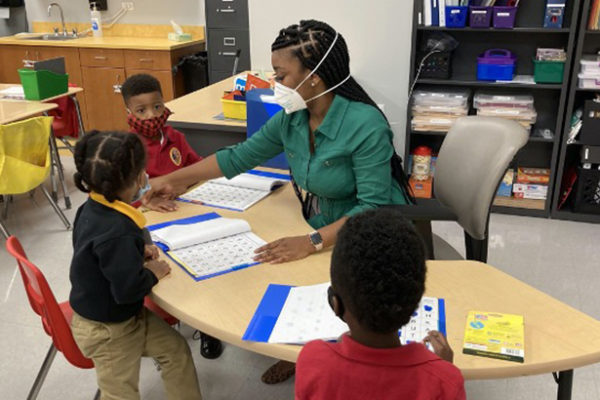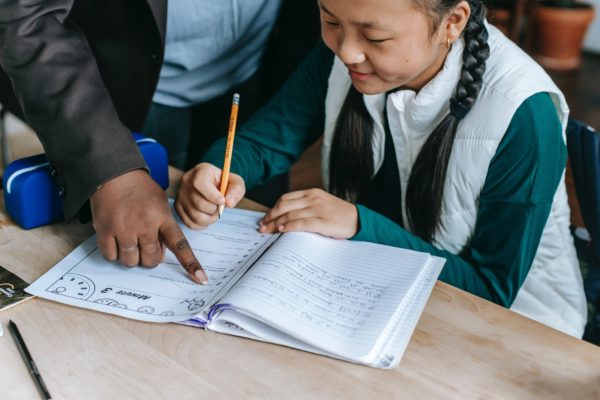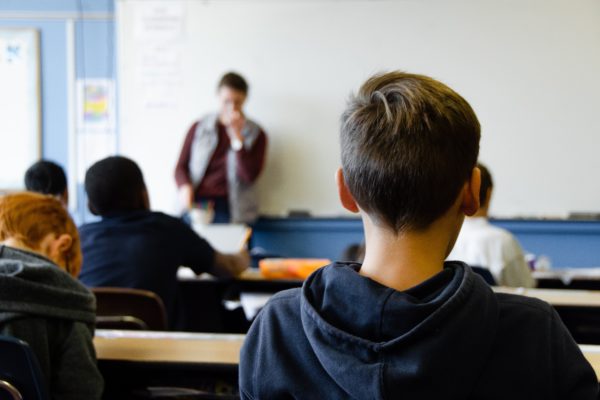With their increased autonomy and flexibility, charter schools can be a promising educational option for students with disabilities. However, during the inception of the charter movement, very few people were focused on ensuring that state charter school policies addressed the needs of students with disabilities.
In response to persistent challenges associated with ensuring that New Orleans’ families and students with disabilities can access high-quality supports and services across the city’s uniquely decentralized, all-charter school system, The Center for Learner Equity (CLE) sought to understand the root causes of these challenges and surface viable systemic solutions through in-depth interviews with local stakeholders.
On July 24, 2023, the Office of Special Education Programs (OSEP) of the U.S. Department of Education (US ED) released a Dear Colleague letter (DCL) and lengthy guidance related to the responsibilities states have to oversee the education of students with disabilities in their schools and to ensure that those students are afforded all of their rights under the Individuals with Disabilities Act (IDEA). Read about why this matters and how it impacts charter schools in the full report.
Check out the recap of our March 2023 social media campaign for “Enabling Meaningful Inclusion: Lessons from School Leaders”.
“Enabling Meaningful Inclusion: Lessons from School Leaders” explores how various school districts across the country intentionally create learning environments for students with disabilities.
The circumstances are sobering and unacceptable: Students are being suspended and expelled from American public schools at an alarming rate. Even worse, students with specific profiles are consistently and disparately subjected to exclusionary discipline in much higher numbers. CLE’s Paul O’Neil explores the nuances of informal discipline in today’s schools. Read Subterranean Discipline Brief HERE
The Inclusive School Spotlight Series is back with Season 2! The podcast collaboration between CLE and EALA highlights schools that are using innovative practices to educate students with disabilities.
CLE released “How has the pandemic affected students with disabilities? An update on the evidence: Fall 2022”, a report exploring evidence on how the Covid-19 pandemic has affected America’s students.









